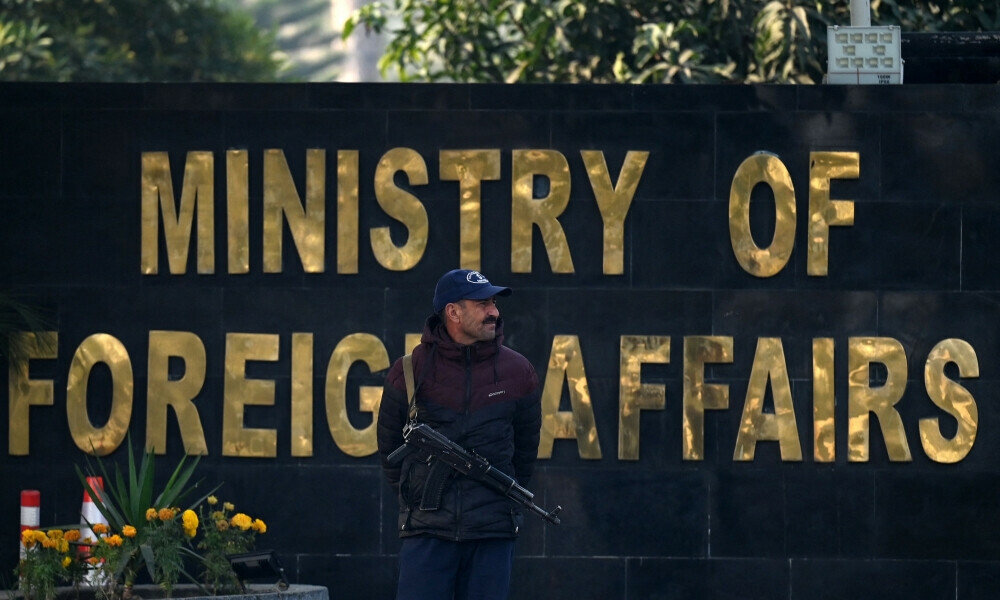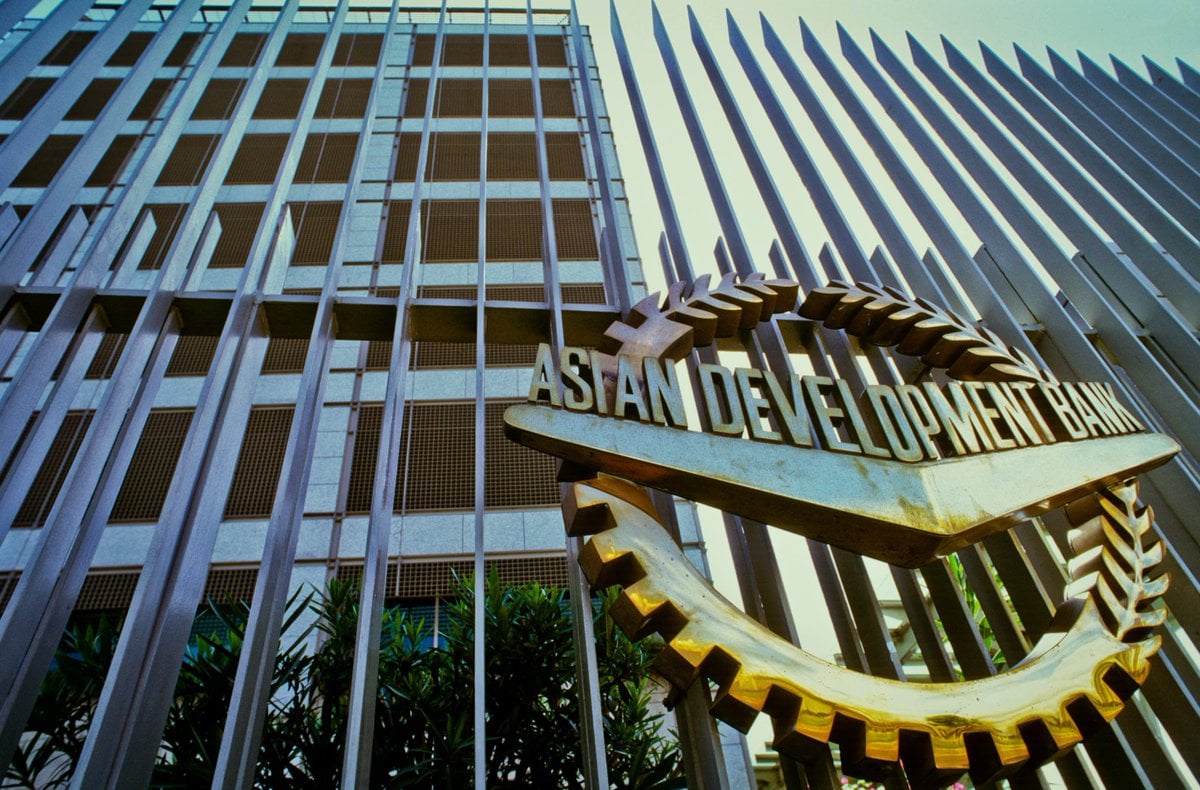The non-renewal of Long Distance International (LDI) licenses, due to outstanding dues amounting to Rs79 billion, poses a significant risk to Pakistan’s telecommunications infrastructure.
The consequences of this decision will reverberate across various sectors, with the potential to disrupt mobile and internet services, as well as the banking system. As the telecom ecosystem braces for the fallout, the ramifications extend beyond just business operations, impacting service quality and the broader economy.
During a meeting held on Monday, the Senate Standing Committee on Information Technology and Telecommunications, led by Chairperson Palwasha Mohammad Zai Khan, was briefed on the gravity of the situation. The Pakistan Telecommunication Authority (PTA) and the Ministry of Information Technology, in a joint presentation, revealed that 13 LDI licensees are due for renewal. Out of these, four licenses have been processed, while nine licensees have yet to clear their dues related to Access Promotion Contribution (APC) for the Universal Service Fund (USF).
The committee was informed that the expiration of these licenses could severely impact the telecom network in Pakistan. Alarmingly, 50 percent of mobile traffic, approximately 10 percent of internet traffic, and nearly 40 percent of ATM banking machines across the country would be rendered non-operational. This could result in widespread communication and financial service disruptions, as well as an operational crisis for the affected industries. The suspension of LDI licenses, including those held by key players like Wateen, would create a ripple effect on multiple sectors.
Wateen, a telecom giant with an expansive fiber optic network spanning 24 cities in Balochistan and Sindh, holds an integral position in the telecom infrastructure. The company is linked with 44 banks and is a key service provider for the National Database and Registration Authority (NADRA). However, Wateen’s license expired in July 2024. Despite obtaining a court-issued stay order, the future of its operations remains uncertain, raising concerns about the potential losses in both financial and service sectors if their license is not renewed.
The telecom sector relies heavily on the Long Haul and Metro Optical Fiber Cable (OFC) networks to ensure smooth communication services across the country. The committee was informed that the Long Haul OFC network totals 27,567 km, while the Metro OFC spans 18,337 km. Among the key players, Wateen Telecom operates 18,774 km of Long Haul and 17,140 km of Metro fiber, serving companies like Telenor, Jazz, and CMPak for Fiber to the Site (FTTS) connectivity. Multinet Pakistan operates 6,993 km of Long Haul, while Worldcall manages 1,800 km of Long Haul and 734 km of Metro fiber.
If the LDI licenses are not renewed, the infrastructure provided by these companies will be severely impacted. The interruption of mobile traffic will affect cellular towers, leading to disruptions in the services provided by major mobile operators. Furthermore, around 10 percent of internet traffic will be affected, as companies providing fiber connectivity will face operational challenges.
The banking sector, which heavily relies on fiber-optic connectivity for ATM operations, could face major disruptions if LDI licenses are not renewed. Up to 40 percent of ATM banking machines across Pakistan could go offline, hindering financial transactions and daily banking activities. Licensees such as Wateen, Multinet, Redtone, and Telecard operate satellite hubs with significant throughput capacities, supporting crucial communication needs for banks, cellular mobile operators (CMOs), law enforcement agencies (LEAs), and government departments.
For instance, Redtone’s LDI network supports 496 Mbps through 1,792 links, many of which serve banks, CMO sites, and government offices. Similarly, Wateen provides 55 Mbps through 207 links, primarily for CMOs, while Multinet’s network supports 41 Mbps through 116 links. The suspension of these services would not only impact commercial operations but also governmental and emergency services in remote areas.
Another critical concern is the potential disruption of international incoming traffic. If LDI licenses are not renewed, this traffic will need to be rerouted to other LDI operators, which could lead to service degradation. The added operational strain on the remaining operators could result in slower connections, interruptions in international communication, and reduced overall service quality. Furthermore, the burden on these operators to handle additional traffic could push them beyond their operational capacity, thereby compromising the stability of the telecom network.
Chairperson Palwasha Mohammad Zai Khan expressed serious concerns about the potential network disruptions and the broader economic implications. She emphasized that resolving the license renewal issue is critical to avoiding a nationwide communication crisis. Without timely intervention, the economic losses could be substantial, particularly for the telecom, banking, and internet sectors.
The Pakistan Telecommunication Authority (PTA) officials also highlighted that in the event of an operational shutdown for these LDI companies, restoring services would take significant time, potentially leaving a gap in essential services for an extended period. Furthermore, Pakistan Telecommunication Company Limited (PTCL) alone would be unable to fill this gap, as it lacks the capacity to replace the combined operations of the affected companies.




